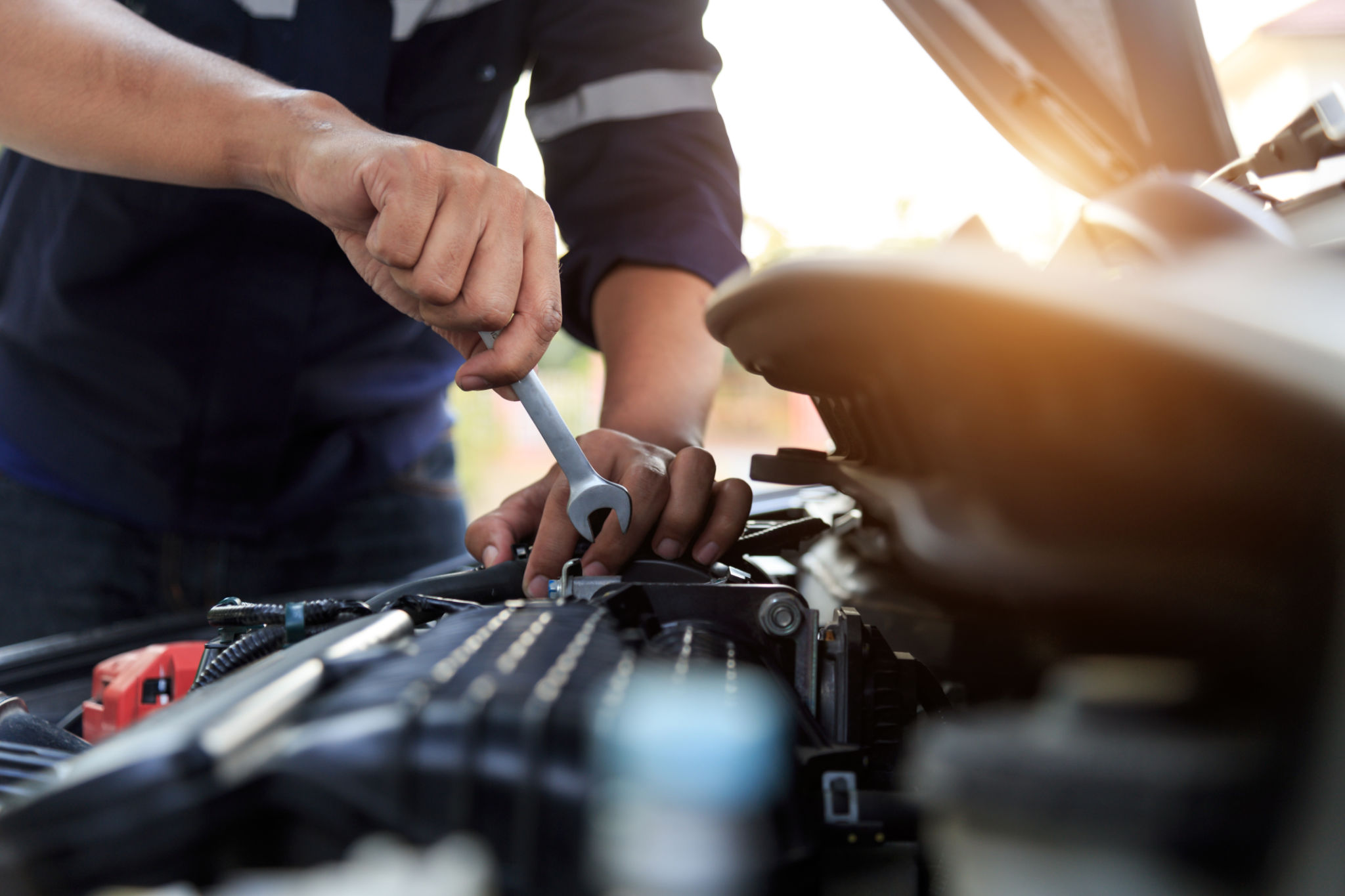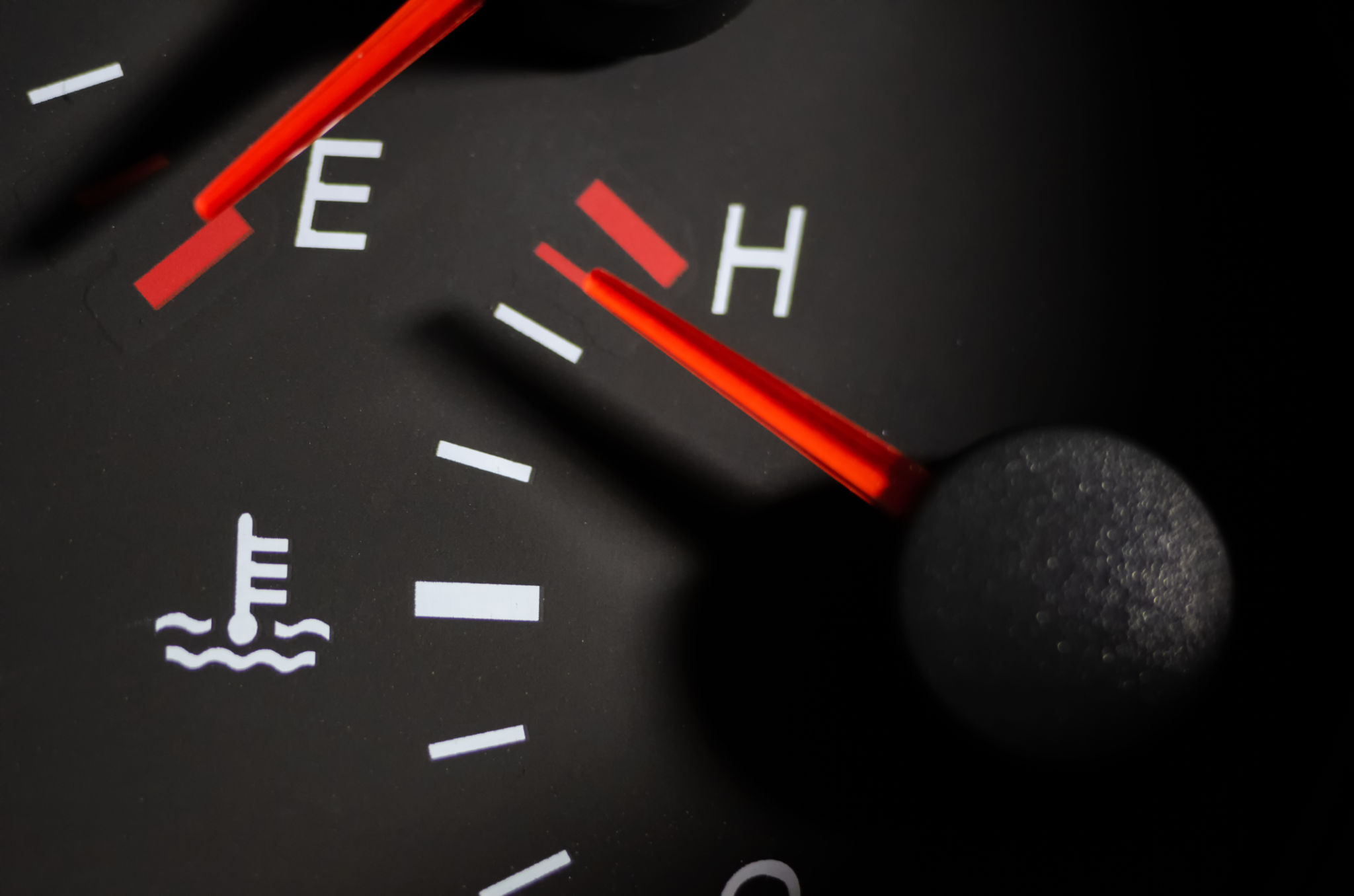How to Avoid Common Roadside Emergencies: Expert Tips
Understanding Roadside Emergencies
Finding yourself stranded on the side of the road can be a stressful experience, especially if you're unprepared. Roadside emergencies can range from flat tires and engine failures to running out of gas. Knowing how to handle these situations can make all the difference in ensuring your safety and getting back on the road quickly.

Essential Tools for Every Driver
One of the best ways to avoid common roadside emergencies is by having the right tools and equipment in your vehicle. A well-stocked emergency kit should include a spare tire, jack, lug wrench, jumper cables, and a flashlight. These tools can help you address many minor issues without having to wait for roadside assistance.
In addition to your basic toolkit, consider carrying a first-aid kit, flares or reflective triangles, and a multi-tool. These items can prove invaluable in more serious situations and improve your safety while waiting for help.
Regular Vehicle Maintenance
Preventive maintenance is crucial in reducing the likelihood of roadside emergencies. Regularly check your vehicle's tire pressure, oil levels, and brake fluid. Ensuring your car's battery is in good condition can also prevent unexpected breakdowns. Schedule routine inspections with a professional mechanic to identify potential problems before they escalate.

Dealing with Flat Tires
Flat tires are one of the most common roadside emergencies. Familiarize yourself with changing a tire by practicing at home. Make sure your spare tire is properly inflated and that you have all necessary tools ready in your vehicle. Remember, safety should be your top priority; if you are on a busy road, move your car to a safe location before attempting any repairs.
Managing Engine Overheating
Engine overheating can occur for various reasons, including low coolant levels or a malfunctioning radiator. If you notice your temperature gauge rising or steam coming from under the hood, pull over immediately. Turn off the engine and allow it to cool before checking the coolant level. Never attempt to open the radiator cap while the engine is hot as it can cause burns.

What to Do When You Run Out of Gas
Running out of gas is entirely preventable with proper planning. Always keep an eye on your fuel gauge and refill before it gets too low. However, if you do find yourself out of gas, remain calm and safely steer your vehicle to the side of the road. Contact roadside assistance or a nearby gas station for help.
Staying Safe While Waiting for Help
When experiencing a roadside emergency, safety should be your primary concern. Turn on your hazard lights to alert other drivers. If possible, exit the vehicle on the side away from traffic and stand at a safe distance from the road. Use flares or reflective triangles to increase your visibility, especially at night or in poor weather conditions.
If you feel unsafe at any point or are unsure about handling the situation, it's always best to call for professional assistance. Having a roadside assistance plan can provide peace of mind and ensure help is available when you need it most.